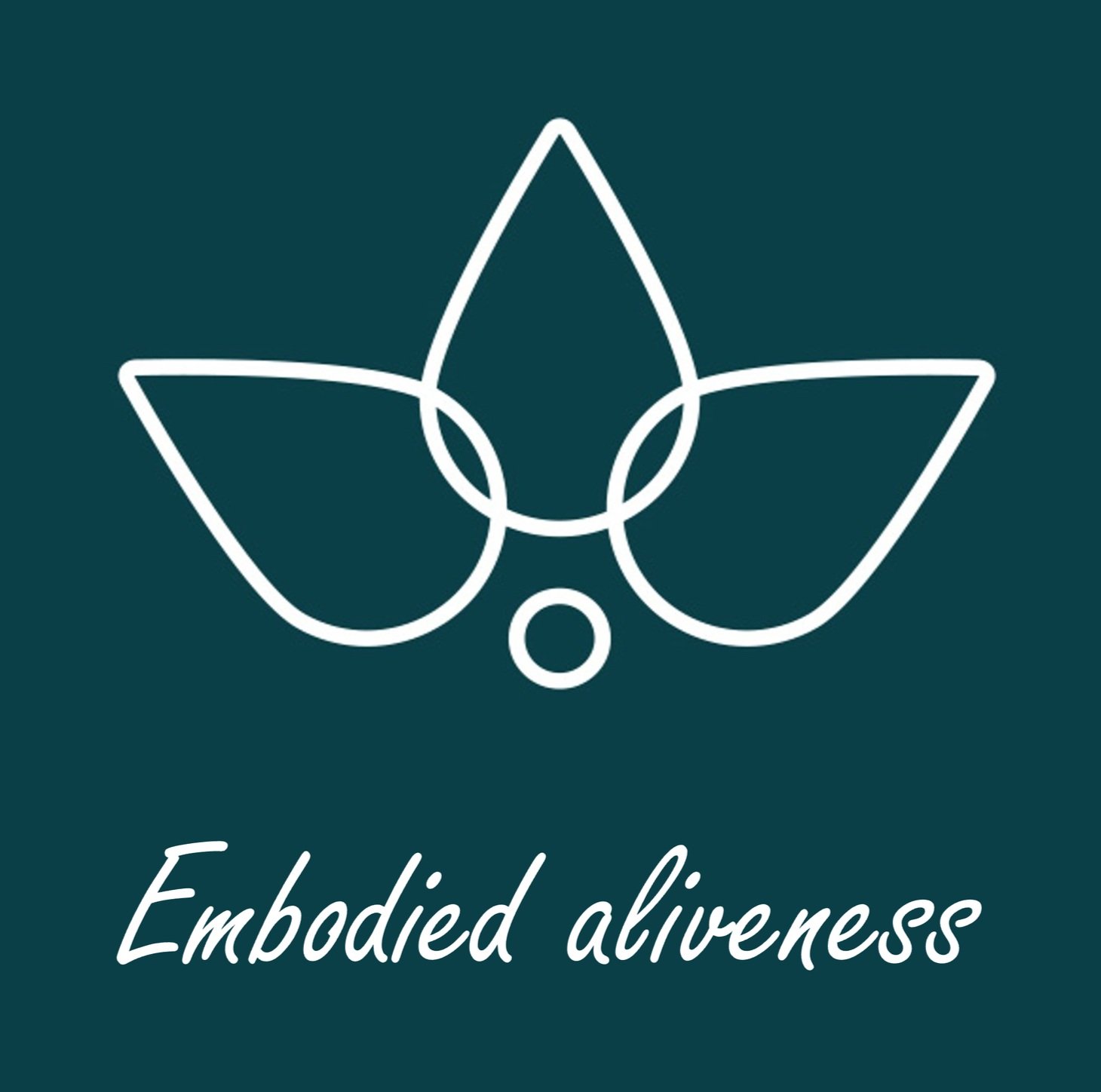What do we mean ‘to ground?’
“Grounding means contact with the ground - with reality. It is the foundation of emotional security and the basis for moving and acting in the world with confidence.” Alexander Lowen - Physician, psychotherapist and father of Bioenergetics.
To be grounded not only means to have our feet firmly on the ground, as Lowen describes above. It goes deeper than that. It also means to be present and anchored in our body and how we hold ourselves in the physical world. And with this stable, felt experience, we can be here, in this present moment with ourselves and attuned with others.
Of course, this is the desired state. If we experience a disrupted and dysregulated nervous system we can feel anything but grounded. In the Eastern tradition, our root is centered around the perineum or coccyx and energetically develops from in utero to 18months but if this development is stunted, for instance because of a birth trauma, the result later into adult life might mean we feel a disconnect and unable to feel safe in our body. This sensory experience may manifest has anxiety, depression, fear, hyper vigilance, stressed or simply unable to move forward.
Ways to improve our sense of ground
The following suggestions are ways to consciously connect with our body and bring our awareness out of our mind and into our felt experience. This can be essential for regulating emotions, reducing anxiety, and feeling more stable and rooted.
1. Awareness of the Body
• Noticing physical sensations: close your eyes and draw inwards. Notice the body’s temperature, are you holding any tension? Now notice your heartbeat, your breath in and out. Notice the skin’s contact with any surfaces, such as the material of the chair, cushion or floor. Stay here for a couple of minutes and try to stay present with your felt experience.
• Examples: Feel your feet pressing into the floor, the weight of your body in the chair or mat, or the sensation of your hands resting on your legs.
2. The five senses practice
• Seeing, touching, hearing, smelling, tasting—bringing conscious attention to any of these senses can ground you. Observe and mentally name any 5 objects in your room, name its colour, surface, material etc.. Then touch 4 objects around you and notice the feeling for each on the skin. Next listen for 3 sounds inside or outside your room, take them in and listen with intention. Now smell 2 different smells, it could be the outside air or something in the room. Lastly, notice a single taste, maybe something you’ve eaten or if nothing is present, lick your skin and notice the taste of that.
3. Connecting with the Earth
• Go outside and take your shoes and socks off. Now slowly and mindfully walk barefoot on the ground, or place your hands in some soil or grass.
• The earth or ground is metaphorically and physically stabilizing for the system.
4. Breath Awareness
• Deep, slow breathing can be grounding by shifting our nervous system from a state of fight-or-flight (sympathetic) to rest-and-digest (parasympathetic).
• Example: Simply feeling the breath moving in and out of your nose or expanding your belly can be a powerful grounding practice. Try a coherent breathing technique by inhaling through the nose for the count of 6 and exhaling through the nose for 6. Repeat 10 times.
5. Bodywork
• Pelvic work can help bring more sensations to the root. The practitioner can ask the client to breathe into the areas that are being touched and feel what’s moving.
• In my body de-armouring sessions I will typically work the pelvis, groins, hips, iliacus, sacrum and coccyx. I use a combination of sound, breath, touch and movement to bring awareness and release emotions which maybe stuck from childhood.
Why It Matters
When you’re grounded:
• You feel more safe, stable, and embodied and in a parasympathetic state
• You’re better able to respond rather than react
• You’re more attuned to reality as it is, rather than being swept away by emotion or imagination
Conclusion
How do you ground yourself? Do you feel you are connected to the earth and also feel rooted in your body? Did you find these techniques useful to feel more attuned to your sensations and experience of grounding? Feel free to message me with what works for you.
